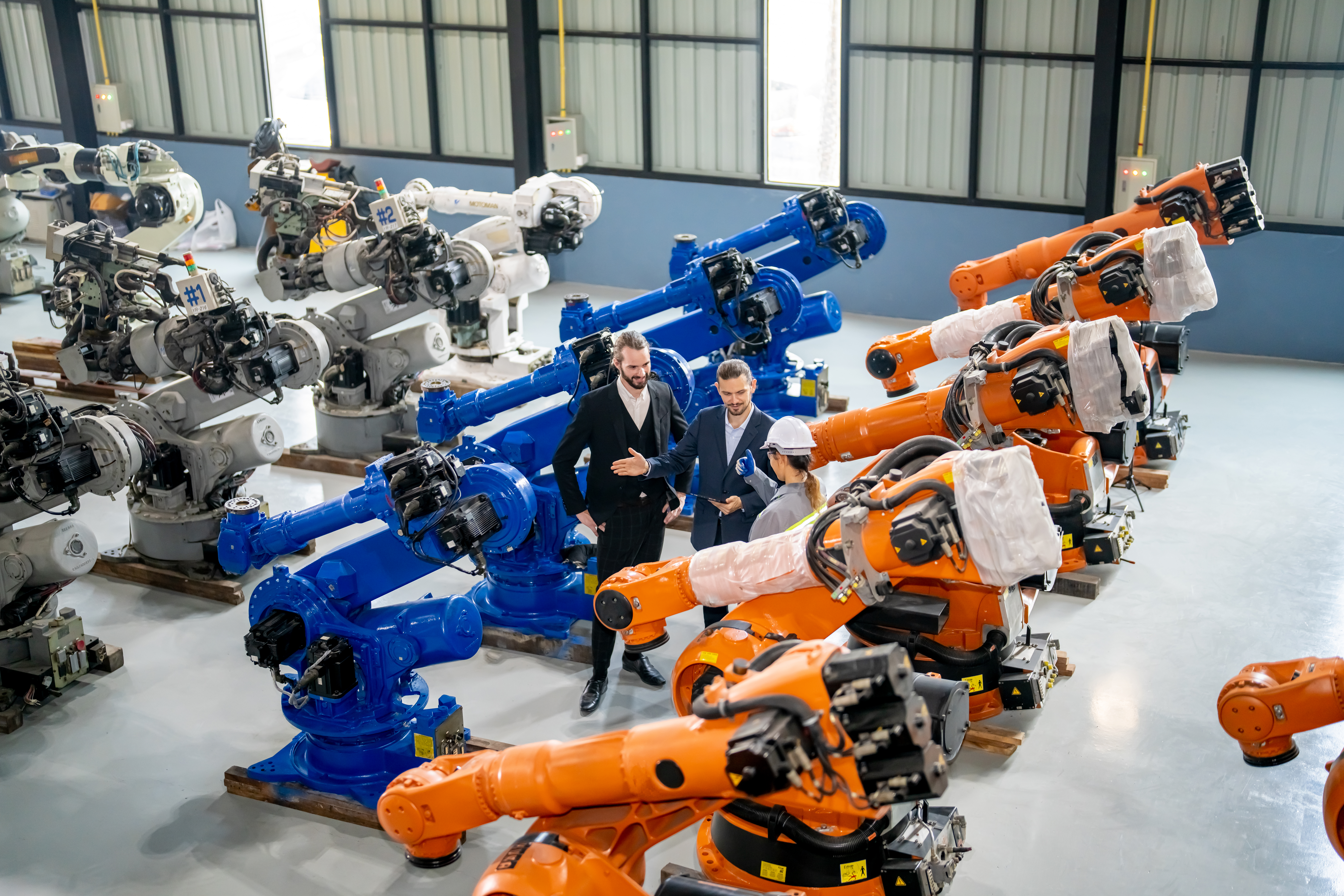Why Ethical, Moral, and Cultural Considerations Matter Now

The advent of artificial intelligence (AI), machine learning, and deep learning is reshaping the landscape of leadership across personal, professional, and organizational domains. As these technologies continue to evolve, they bring forth significant ethical, moral, and cultural considerations that leaders must address today to prepare for the challenges and opportunities of the future. This article explores the critical aspects that leaders need to consider to sustain and advance our way of thinking in an AI-driven world.
The Imperative of Ethics and Morality
1. Ethical Decision-Making:
- Leaders must establish robust ethical frameworks that guide the deployment and use of AI technologies. This includes ensuring transparency, accountability, and fairness in AI systems.
- Ethical AI involves addressing biases in data and algorithms to prevent discrimination and ensure equitable outcomes for all individuals.
- One could argue– garbage in, garbage out (bias in, bias out)!
2. Moral Responsibility:
- As AI systems take on more decision-making roles, leaders have a moral responsibility to ensure these systems align with human values and societal norms; whatever that means as we’ve not solved this issue yet in many lifetimes.
- Developing AI that respects privacy, human rights, and autonomy is crucial to maintaining public trust and social cohesion. What would happen if such AI beings were programmed with the UN 17 Sustainable Development Goals? If we then violated them?
Cultural Awareness in the AI Era

1. Embracing Diversity:
- Culturally aware AI development requires inclusive datasets that represent diverse populations. This helps in creating AI systems that are sensitive (sentient even) to different cultural contexts and avoid perpetuating stereotypes.
- Leaders must champion diversity in AI development teams to bring varied perspectives and experiences into the design and implementation process. Not doing so could itself be risky business.
2. Global Perspectives:
- Understanding and integrating global cultural perspectives can enhance the effectiveness of AI applications in international settings. Leaders should foster cross-cultural collaborations to leverage diverse insights and innovations. Will culture even matter in this AI world? We can see from the picture above with the different color robots– it’s going to happen, but should it!
Future-Readiness: Anticipating the Next 5, 10, 15 Years
1. Data-Driven Leadership:
- Leaders need to be proficient in data literacy, understanding how data is collected, analyzed, and used to drive decisions in furtherance of the strategic vision. This includes grasping the implications of data-driven insights on strategy and operations. How about the surrounding community?
- Data ethics, including responsible data use, “privacy,” and management, should be a cornerstone of future leadership training programs.
2. META Data Management:
- Effective metadata management is critical for maintaining data integrity, security, and usability. Leaders must ensure that metadata practices support transparency and traceability of data sources and transformations. This is an area of significant interest, encompassing aspects such as blockchain technology, data tokens, and security measures. Could such tags curb fake news?
- Investing in advanced data management systems and protocols will be essential to handle the increasing volume and complexity of data. These systems are complex and ignoring them won’t make them go away!
3. Professional and Organizational Development:
- Continuous learning and upskilling are vital for staying ahead in the rapidly evolving AI landscape. Leaders should foster a culture of innovation and agility within their organizations. Some people seem repulsed by AI but then wonder when they’re “replaced” or downsized by it.
- Organizational structures may need to adapt to accommodate AI-driven workflows, ensuring that teams are equipped to leverage AI technologies effectively. For example, organizations may consider the creation of specialized AI teams composed of AI engineers, data scientists, and domain experts. Another example might be cross-functional collaboration frameworks, in other words– frameworks that facilitate communication and cooperation between AI specialists and other departments such as marketing, finance, and operations and so on…
Personal Development and the Human Element

1. Lifelong Learning:
- Individuals must commit to lifelong learning to keep pace with technological advancements. This includes not only technical skills but also ethical and cultural competencies.
- Personal development plans should incorporate AI literacy, encouraging individuals to explore how AI can enhance their personal and professional lives. You may say “no need,” but as my professor once said, “…no need indeed!” I think he was referring to that person becoming “no need.” What you speak into existence becomes your reality!
2. The Role of Race in the Future:
- AI has the potential to either exacerbate or mitigate racial biases. Leaders must ensure that AI systems are designed to promote equality and inclusion. But, how is this possible if the leaders themselves are not “AI smart” or biased? We can define this!
- In a future where AI plays a central role, the focus should be on creating technologies that transcend racial boundaries and foster a more equitable society. If you say it’s not possible, then that’s true for you!
Preparing for the Future: A Call to Action

To ensure that AI benefits humanity, we must address the ethical, moral, and cultural challenges head-on. This involves:
- Developing Ethical AI Standards: Establishing industry-wide standards and regulations that govern the ethical use of AI. A big one is bias audits for AI systems!
- Promoting Cultural Sensitivity: Ensuring that AI systems are culturally aware and inclusive. Data-driven decisions based on inclusive data collection practices.
- Fostering Lifelong Learning: Encouraging continuous education and upskilling to keep pace with technological advancements. This may be aided by AI literacy programs in the community, profession, and organizations. These might include AI fundamentals, applications in the various roles, online courses, workshops, and hands on projects.
- Ensuring Accountability: Implementing mechanisms to hold AI developers and users accountable for the ethical implications of their technologies. Yes, we may need to think about Ethical AI Oversight Committees that include diverse stakeholders, ethicists, legal experts, technologists, and community representatives at a minimum.
By taking these steps, we can harness the power of AI while safeguarding our values and societal norms before we don’t have any to speak of! The future of mankind hinges on our ability to integrate AI responsibly and ethically into our personal, professional, and organizational lives.
Let me hear your comments and suggestions on the articles and AI must haves. Thanks for reading!
